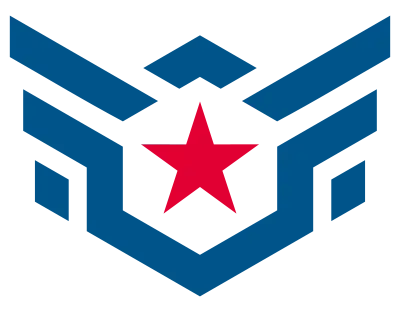By Guest Writer Andrea Tomlinson. She now works as an Instructional Designer for PRIDE Industries’ Learning and Development Department—using her seven years of experience as a Job Coach to design training focused on workplace inclusion.
At PRIDE Industries, our mission is to create employment for people with disabilities. As a Job Coach, I’m one of the lucky people who gets to live this mission up close. I’ve worked in Employment Services for more than seven years, and I feel the same excitement for my work today as I did that first day on the job. And I’m not the only Job Coach who feels this way.
So what is a Job Coach?
PRIDE Industries has over 145 Job Coaches, and all of us have the same focus: helping the employees we support achieve their career goals. We do this by providing tools, resources, and support to employees with disabilities so that they can reach their full employment potential. Since the needs of an individual vary, so too does my role as a Job Coach. I support brand-new workers just entering the workforce, as well as individuals who had a great career, but are now searching for a new one due to a life-changing experience.
In a nutshell, the role of a Job Coach is to help an individual succeed. This means that I first need to know my own job, with all its deadlines, reports, case notes, emails, programs, and other responsibilities. But that’s not enough, because in order to support someone in their job, I need to understand their job responsibilities as well. What are their deadlines? What procedures do they need to follow? What technology do they need to perform their work well?
I’ve helped people who work in all kinds of jobs, and have learned quite a few skills because of it. I know how to safely stow large packages, for example. I understand various administrative tasks, and can assist with creating lesson plans. And I’m able to navigate various computer programs. In some ways, I’m a jack of all trades.
Job Coaches support individuals who are working for PRIDE Industries and individuals working for employers within the community. Therefore, on the same day, I might assist someone who is employed at a grocery store, help someone working as a landscaper, and then support someone working within a state department. And in many cases, I’m the bridge between the individual and the employer.
In addition, while my principal responsibility is to support the employee, I also provide support for the employer. I’ve helped employers brainstorm accommodations to barriers, educated them about disabilities, helped ensure that important standards are met, and most importantly, explained my role and how I can help.
Due to the diversity of individuals and their needs, the level and type of support I provide varies. With some individuals, I stay behind the scenes. Other people need onsite support. Depending on the situation, you might find me standing in an aisle, sitting behind an employee, or following and observing an individual. I’ve lost count of the number of times someone has asked me, “What are you doing?” However, despite the occasional awkwardness, this is one of my favorite parts of the job.
My job is to help an individual be successful. At different times, I’m a mentor, teacher, role model, advocate, sounding board, cheerleader. Being a Job Coach is a rewarding and unique job. I have learned skills that I might otherwise have never known. I have also worked with and supported some incredible individuals. And always, I’ve had the privilege of living our mission every day. That has been, and forever will be, an invaluable experience
Need employment placement support?

“Being a Job Coach is a rewarding and unique job. I have learned skills that I might otherwise have never known.”
